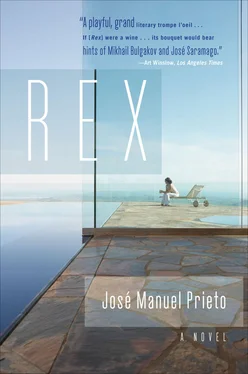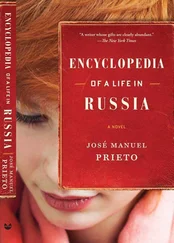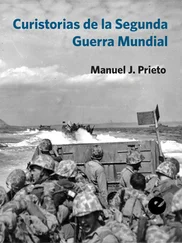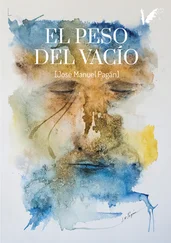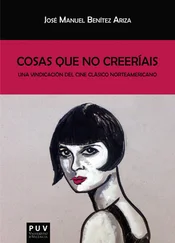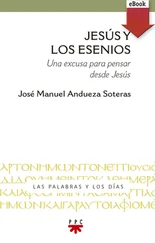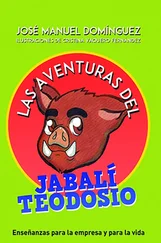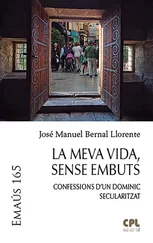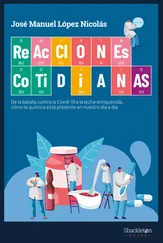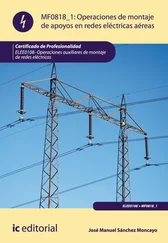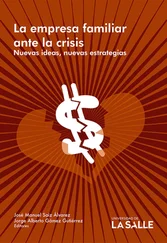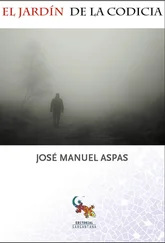“Yes, you are, I can’t be mistaken about a thing like this. What’s more, I’m saying it, too. I’m saying it to you: how can you do this to Nelly?”
(Although it wasn’t true, undoubtedly wasn’t true. How could she be a woman who wasn’t my typewhen she was the perfect blonde, the Platonic ideal of a blonde, an iridium blonde, immune to any variation in temperature, a blonde who was the octagonal seal wrought of gold which, in heaven, imprints its form on all other blondes? How, in what way, could I ever come to regret or conclude I was wasting the best years of my lifeafter dancing with a woman like that?)
And hold on, wait a second: I hadn’t yet heard your father’s proposal.
“They’re counterfeit, aren’t they, Vasily, the diamonds?” I said.
And waited, in the deepest part of my soul, watching through the car window as the steeple began to move, waited for him to answer: No, they’re real.
“They’re counterfeit,” he answered, as we flew home. “But they’ll sell with absolutely no problem, for thousands. There’s no one else in the world who makes them that way, nothing similar.”
“Sell them? How? I had to loan you money just now, back in the disco. Out of cash, Vasily? Washed up?”
“Yes, I noticed that, and allowed you to do it because I love you like a father would,” he lied. “And you’re wrong. I want to show you something.”
4
What does it matter what you see with your own eyes if it isn’t there in the Book, Petya? How to believe in any empirical fact, any phenomenon not sustained by the authority of the Book? Such a thing would cast down the whole edifice of your education and damage the key to my method, which is to supplant a reading of its pages with direct observation, only slightly displacing the Book from its well-deserved position as the one source of knowledge and understanding in the world, healthy and beneficial to our hearts, casting its light on all enigmas and offering us a glimmer of the divine inspiration that engendered it and without whose aid its existence cannot be explained. For how could it have been written by a mere mortal, a Frenchman afflicted with asthma, a man who spent his whole life literally gasping for air and yet produced one million words, 3,500 pages, the most magnificent Book ever written?
I had said to myself, had sagaciously deduced: here’s a man who has invented the phantom menace of a band of gangsters for the benefit of his wife, to make her live in fear of being attacked in a foreign country, ensuring that she won’t dare leave the house unaccompanied, or even accompanied. A city she imagines to be crawling with mafiosi, a nest and refuge of evildoers. All to keep her at home and thus go out with the other woman, a great beauty, Petya, a real pinup. Your mother must never come to understand that the people in the mansion next door are peaceful Jordanians, and the couple in the big empty house at the bottom of the hill are only caretakers, that the same tranquil decency, respectability, and wealth prevails along the entire coast from Algeciras to La Cala. Instead: urban guerillas, low-intensity conflicts, scores to settle — all visions deliberately nourished by your father. It was that simple.
He read it in my face in the way I leaned against the door and studied him incisively for a second, the false danger I, too, had believed we were living in all these months now deciphered. He didn’t find it necessary to make any counterargument, no need to press the point. He bent toward the glove compartment and waited with marked calm for me to take my hand off the panel marked, in tiny letters: air bag . He held that position a moment as if to say: You see? You see how patient I am with you, young man, despite your being an unbearable know-it-all? His eyes laughing again. And he didn’t say — though I’d been expecting him to come out with it all day — he didn’t say: What were you doing seducing my wife? Dancing with her?
He took a case made of buttery leather out of the glove compartment, holding it between thumb and forefinger. The panatelas that a cigar aficionado takes along on a two-day trip in its ridged interior? He tossed it onto my lap and returned his gaze to the road, consulting the speedometer and the time, far too busy to occupy himself with a callow youth like me. Leaving me to the task of understanding why the case, what was inside.
A square of thin fabric that I took out and tugged on, extending its corners: there, rolling around in its depths, were a few small cubes, a few chunks of frozen light, a few diamondlike objects in all colors and forms. More of them and bigger than the ones I’d imagined and even more beautiful and incredible than the ones in your mother’s necklace. Gems, precious stones, their color both intense and diaphanous.
Their light entering my eyes, the most genuine expression of astonishment on my face, as darkness fell along the coast. Emerald greens, blues like the finest sapphires, tender lilacs, ruby reds. Losing track of whole kilometers of the way as I rolled them back and forth across the cloth, unable to read this correctly, leafing through the pages of this book of stone without understanding what passage to delve into, whether, in this case, a literal exegesis of the danger would be adequate — jewels, beautiful women — or whether a more allegorical, Alexandrian interpretation was required: great danger, jewels, beautiful women.
I was about to say something to him, object to something and resist him, but just then his cell phone rang to let me know my time was up, my turn was over, and it was over to the next contestant now. I didn’t know the answer and had no exegetical weapon at the ready, no passage of holy writ to cite or apologetic stab to make at addressing the question satisfactorily, understanding it. He raised the phone to his ear and his eyes stared into the air at something that had been said to him, panic transfiguring his face, reordering his expression from the eyes down, lowering the corners of his mouth, draining him of blood.
“I’m almost there,” he whispered. “Hang up.”
The Writer’s monsters catching up with us, emerging in myriads from between the pages of the Book, lifting the immense machinery of their bodies into the air over the highway, their wobbling, spidery legs moving at top speed, the suckers of their grape-shaped mouths projecting in our direction. At the very beginning of the invasion, just arrived from Phobos, ready to snatch us up and crunch our bones. The viruses that eventually kill them in the Book not appearing yet, no trace of them.
5
If you receive nothing more from me than some knowledge of the details of the Book, if in all your adult life you don’t manage to retain any more than a few passages, a few scattered phrases of the Book, that would be enough to give you a distinct advantage as you go out into the world. Only through the Book can you learn to judge men sensibly, plumb their depths, detect and comprehend their obscurest motives, sound the abyss of their souls.
Why am I not startled? Why did it not surprise me in the least that Batyk should turn out to be the author of so immense a con job? That it was Batyk — as he proudly told the story, taking a step forward — who’d first conceived of the deception that would force them to flee, alter the course of their lives forever? That he was the one to whom the monstrous plan of passing them off, Vasily’s diamonds, as a set of real diamonds from Yakutia (in Siberia) had occurred? That it was Batyk who came up with, planned, and carried out the sale of those diamonds to a pair of mafiosi come to E* for the express purpose — openly declared in every bar and café in the city so that word would get out among the emerald prospectors and the thieves working in the gem factories — of buying emeralds and topazes?
Читать дальше
